
Scientists from the University of Cambridge and the University of Exeter are suggesting that the evolution of the early Universe was much slower than previously thought.
Doctor Andrew Bunker has been studying images taken by the Hubble Space Telescope of what is called Hubble’s Ultra Deep Field (HUDF). Images from HUDF provide mankind’s deepest optical view of the Universe in its earliest stages. Bunker and fellow researchers viewed the number of star-forming galaxies from these images and found that there were far less than expected. The rate at which new stars were born was a lot slower than formerly thought.
The HUDF images allowed Bunker’s team to see almost to the beginning of time. They were able to identify 50 objects likely to be galaxies so far away that light from them has taken 13 billion years to reach the earth. The galaxies uncovered by the team existed 95% of the way back to the beginning of time. This is the closest man has ever come to the Big Bang, when the Universe was less than a billion years old.

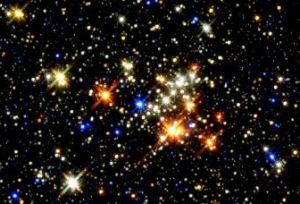
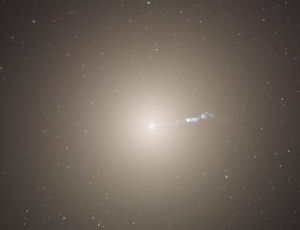
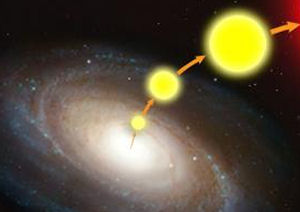
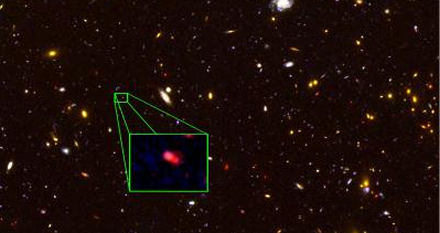
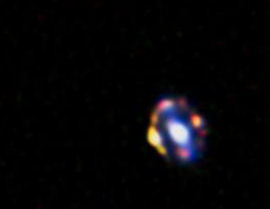












Comments are closed.